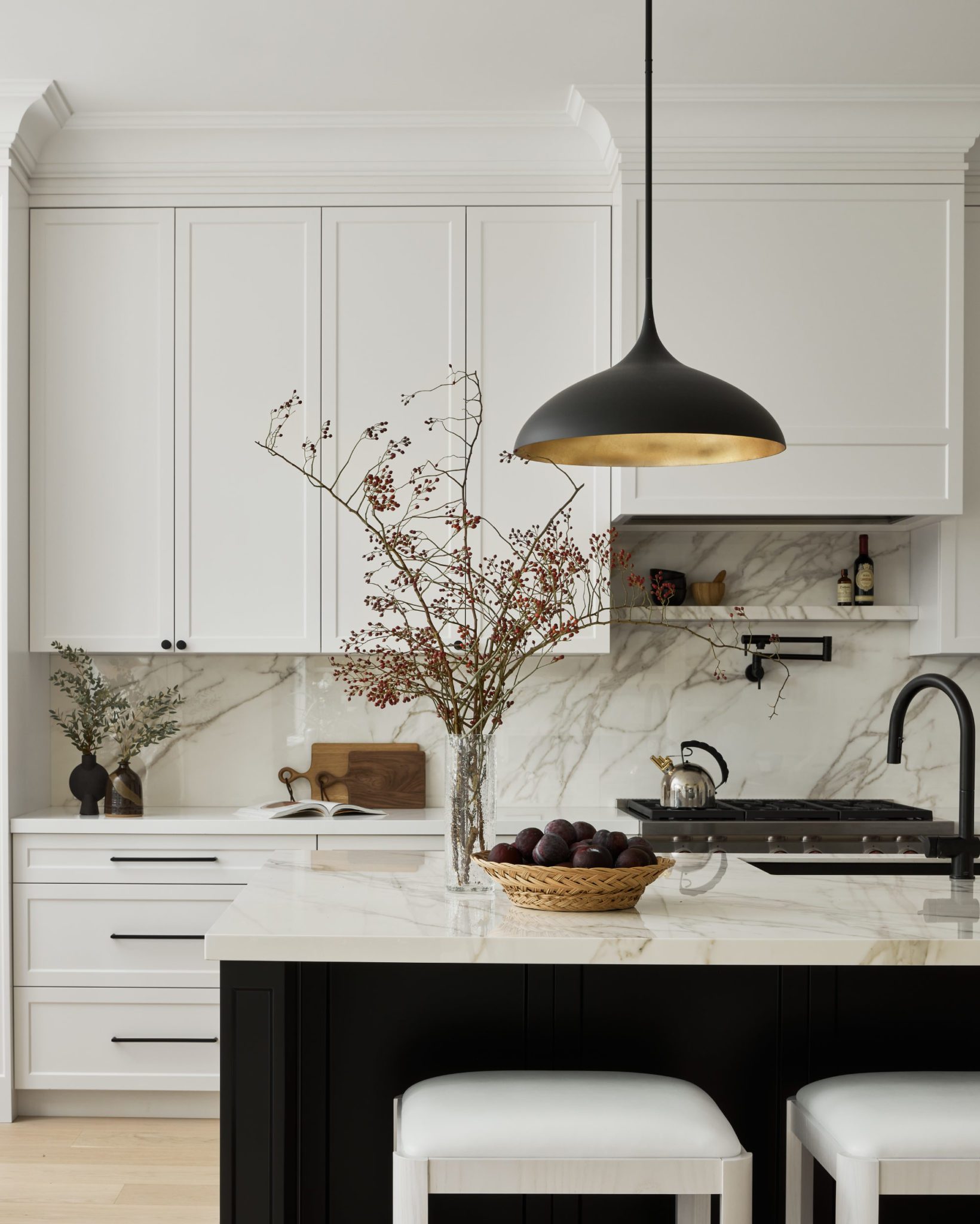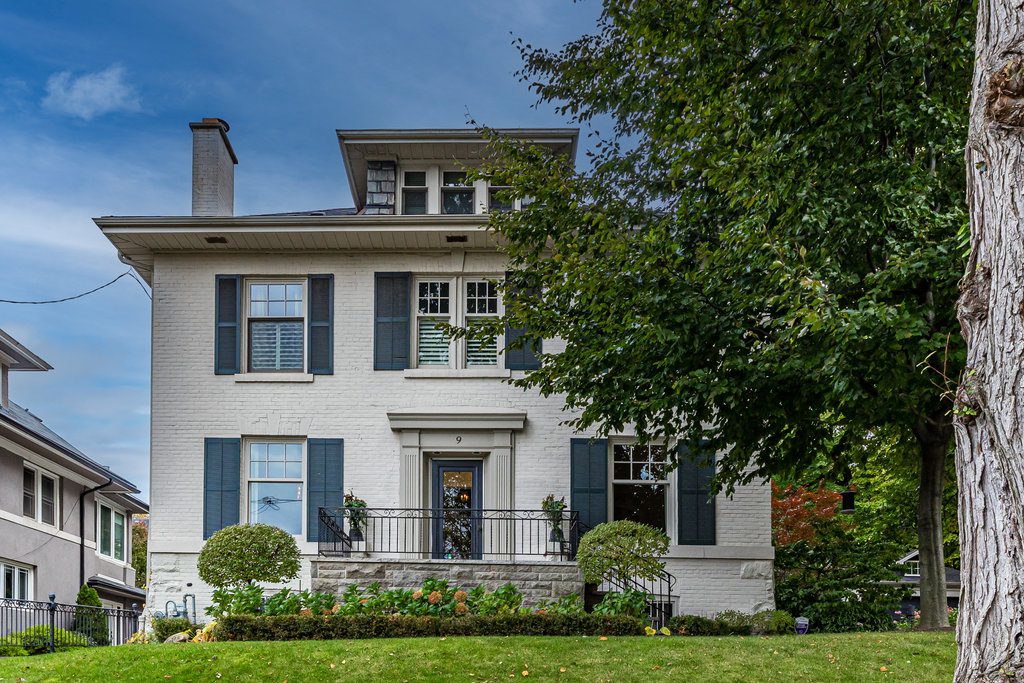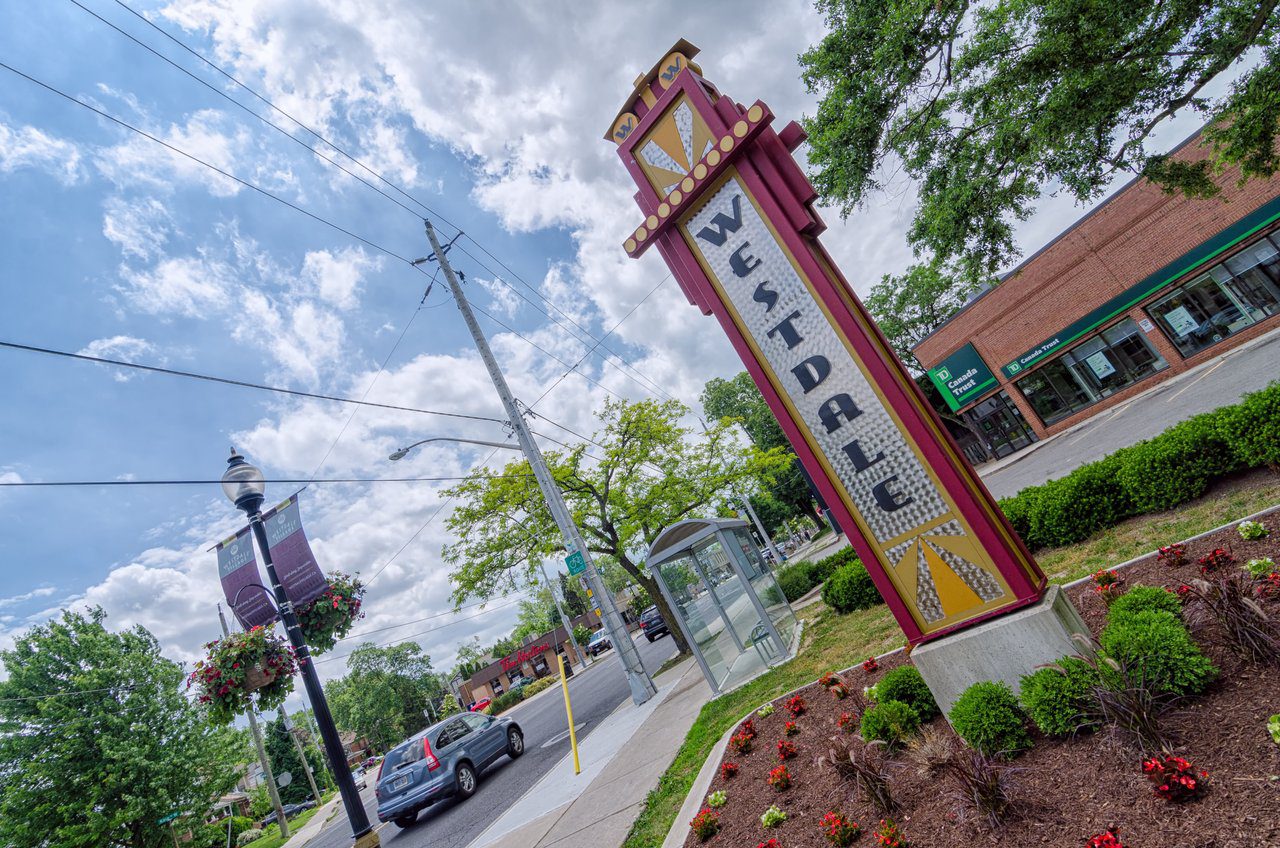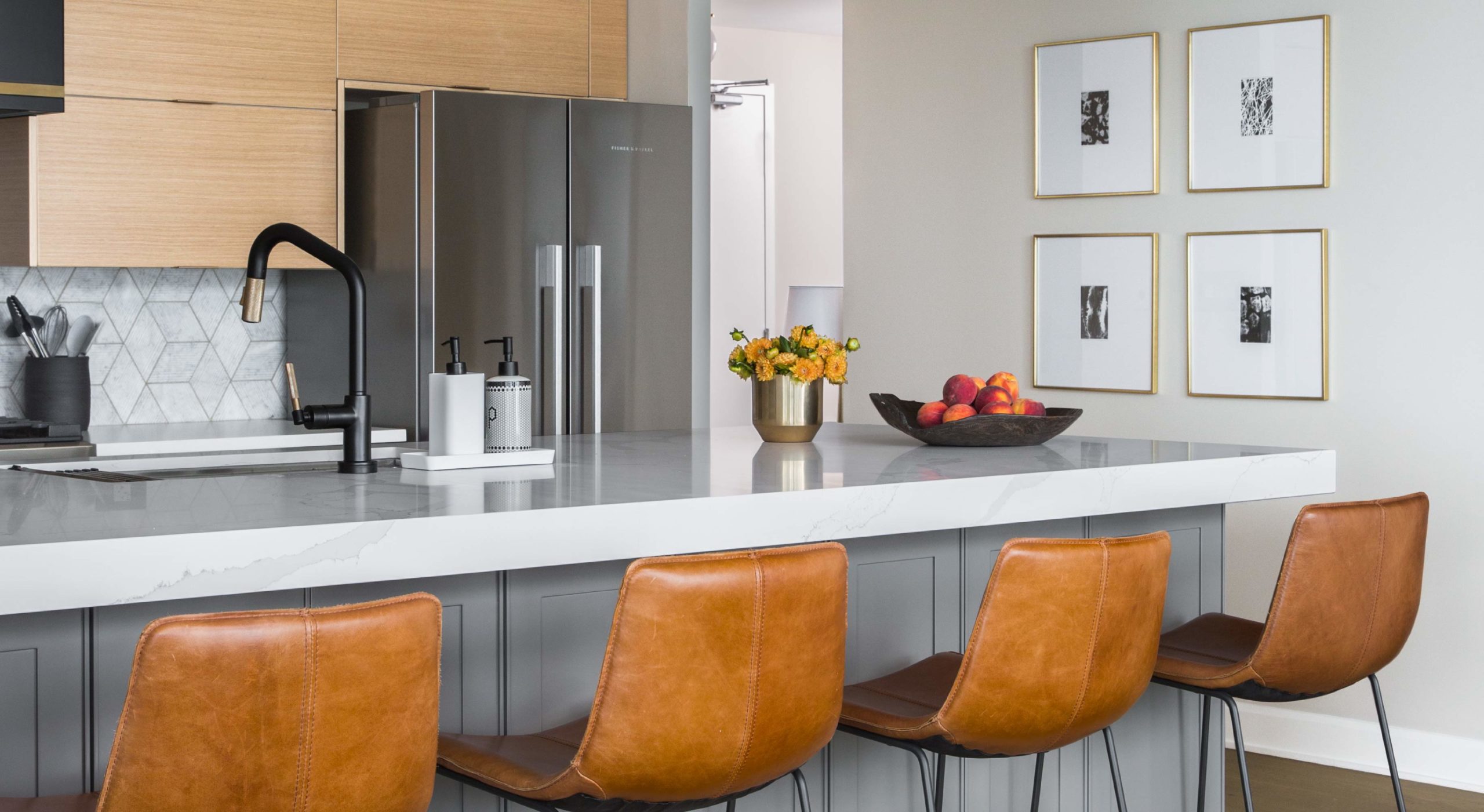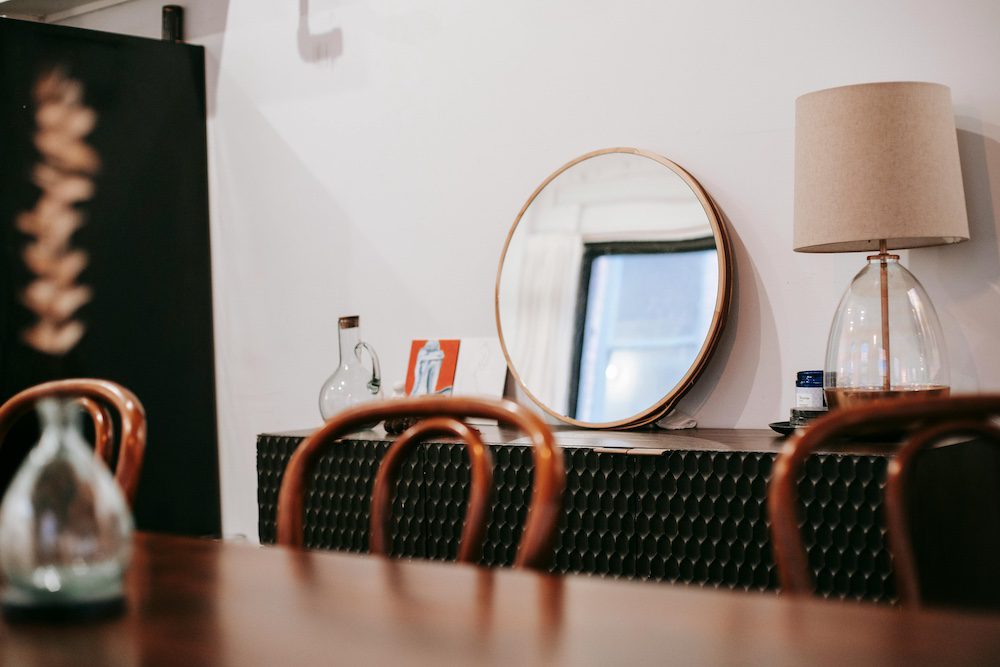
December 12, 2024 | Buying
How Much Does it Cost to Buy a House in Hamilton?
Buying a home is one of the quintessential milestones of becoming an adult. Beyond the financial benefits, there’s just something indescribably joyful about having a place that is truly yours.
Your home is much more than a roof over your head. In many ways, it’s an extension of who you are. When you own it, you have more freedom than ever to renovate and decorate it to your personality and tastes.
Before you start the house-hunting process, it’s important to know that there’s more to a real estate transaction than just the purchase price, especially in today’s market. In this post, we’ll take a deep dive into the real and intangible costs of buying a house in Hamilton.
Do you want to know more about the process of buying a home? Look no further than our Buyer’s Guide, which you can download for free right here.
Is Hamilton Still an Affordable Choice?
The term affordable is all relative. Compared to the prices of houses in Toronto and the GTA, Hamilton is very inexpensive. Maybe it’s just us, but we don’t believe an average price approaching $2 million for a detached house will ever be “affordable.”
Short supply and soaring prices are what inspired many Toronto residents to pack up and move to Hamilton in the first place. This trend has had an impact on our market, which has also become more competitive and expensive.
We won’t talk about specifics since conditions can change so rapidly. But at least the average price of a detached home in Hamilton remains below the $1 million mark. Townhouses and condos are even more accessible, which makes Hamilton a great place for first-time buyers and young professionals about to make their mark on the world.
Want to get to know more about the Hamilton real estate market? The posts below will fill in the gaps:
- A Home Buyer’s Guide To Hamilton Real Estate
- Is Hamilton Real Estate Worth It
- Top 5 Hamilton Neighbourhoods For Families
Housing Prices Vary by Structure
It goes without saying that certain housing structures in Hamilton are more expensive than others, and some neighbourhoods are more competitive. A spacious detached home on a large lot in the west end may be the ultimate goal for some buyers. Just consider where you are on the property ladder to determine the most logical step for you at this moment.
A condo is typically the least expensive option, ideal for younger buyers getting into the market for the first time or for those who don’t need extensive square footage. However, be prepared for monthly condo fees.
A townhouse will likely cost a little more, but it also provides more living space as well as a small yard and parking. If you’re a first-time buyer with a slightly higher budget or are moving up from a condo, this could be an excellent option.
Semi-detached and detached properties are usually the most expensive housing types in Hamilton. However, there are a few smaller war-time-era houses that occasionally hit the market at more affordable prices. They can be a great alternative to a condo where you can still enjoy some outdoor living space and no condo fees.
Consider Your Resources
Though much of your purchase will be covered by your mortgage and spread out over time, buying a house still requires a significant amount of money upfront. First, you’ll need a down payment, depending on the purchase price.
- Properties less than $500,000 require a minimum 5% down payment ($25,000).
- Is the house you’re considering priced between $500,000 and $1.5 million? You will need 5% on the first $500,000 and 10% on the remaining amount. Imagine you were buying a property valued at $1,300,000. You would need $105,000 for your down payment ($25,000 + $80,000).
- A home over $1.5 million requires 5% on the first $500,000, 10% on the amount from $500,000 to $1.5 million, and 20% on any remaining amount. For example, you’ve found a home for $2 million. You would need $225,000 upfront ($25,000 + $100,000 + $100,000).
These guidelines are for your primary residence. You could save on mortgage insurance whenever you can pay 20% upfront, regardless of the price. In addition, you need at least 20% to qualify for a mortgage when buying a second income or vacation property.
Knowing what to look for and when are essential when buying a house. The posts below can help:
- Buyer’s Market, Seller’s Market Or Balanced Market?: What They Mean, And Where We Are Now
- Should I Buy First Or Sell First?
- Is a Freehold Property or Condo Better for You?
Affordability Vs Accessibility
Keep in mind that affordability and accessibility aren’t necessarily the same. It simply means you can come up with the down payment and manage your monthly payments to carry the property.
The ultimate cost of a home depends on other factors like interest rates and your amortization period. To illustrate, let’s imagine that you’ve found a property you love at a price of $750,000. Now, let’s take a look at our buyer’s calculator.
If you put the minimum down payment of $28,000, you’re looking at a monthly mortgage of approximately $3,885 at today’s interest rate. To keep things simple, let’s say that rate never changes throughout your amortization period. This means you would end up paying a total of $1,193,500 for your house ($3885 x 12 months x 25 years + your initial $28,000 down payment).
If you place a 20% down payment ($150,000), your monthly mortgage works out to approximately $3,301. If the rates don’t change, your total cost is $1,140,300 ($3301 x 12 months x 25 years + $150,000 down payment.
A higher down payment ultimately saves you over $50,000 on the price of your home, which technically makes it more affordable. A lower down payment means your house will cost more in the end, but getting into the market becomes more accessible.
Remember Your Closing and Hidden Costs
There can be a lot of hidden and unexpected costs when buying a house. You already know that you’ll need some money set aside for legal fees, moving expenses, and other closing costs. The land transfer taxes can be the most burdensome as you can’t include them in your mortgage.
Fortunately, you only need to cover the provincial tax when buying a house in Hamilton (as opposed to Toronto, where there is also a municipal tax.) Again, the total amount depends on the purchase price.
- The first $55,000 comes with a .5% tax ($275).
- You pay 1.0% on the amount from $55,000 to $250,000 ($1950).
- The next $250,000 to $400,000 is subject to 1.5% ($2250).
- 2.0% for the remaining amount from $400,000 to $2 million (up to $32,000).
- 2.5% on any amount in excess of $2 million.
Think back to that hypothetical $750,000 house you were thinking about buying. Your land transfer taxes work out to $11,475 out of your pocket ($275 + $1950 + $2250 + $7,000 (2% on the remaining $350,000.) First-time buyers fortunately have some relief, thanks to the Land Transfer Tax Rebate reducing the amount by up to $4,000.
Have a Cushion for the Unexpected
The question about buying a house isn’t just, “Can you afford it?” What you should really be asking is, “Can I comfortably afford it?” At this point, you already know that a house is likely the most valuable asset you’ll ever purchase, and it comes with a price point to match.
You’ve also prepared yourself for the usual closing costs and moving expenses. Now, you need to ensure you’re also well-equipped to handle the unexpected and hidden costs that can also come up. For example:
- What if the house needs more work than you originally anticipated?
- Some neighbourhoods may have Homeowners Associations that require a monthly or annual fee.
- Condo fees can rise when buying a condo or townhouse. In addition, there could be special assessments if there isn’t enough money in the reserve fund to cover maintenance or repairs.
Not All Costs Are Tangible
Not every cost associated with buying a house can be quantified in dollars and cents. Homeownership requires a different level of commitment than renting. Much like a relationship, there’s also an emotional investment.
- This is no longer just shelter and a place to sleep, it’s your home, and it’s your responsibility to care for and maintain. There’s no landlord to handle the big jobs as they come up; it’s all on you at this point.
- Purchasing a house anywhere means less flexibility to pack up and move just by giving 30 days’ notice after a lease expires.
- You’re the one tasked with mowing the lawn, making any repairs, and clearing the snow.
Your standards are higher when searching for a house to buy rather than to rent. The disappointment is greater when you have your heart on a particular listing that doesn’t work out. On the other hand, there is more to celebrate once the transaction is finalized.
Why put down roots in Hamilton or the surrounding areas? You’ll find some compelling reasons in the posts below:
- Why Are Toronto Residents Heading To Hamilton And Burlington?
- What Hood Is Good? Let’s Talk About Kirkendall!
- What Hood Is Good? Let’s Talk About Westdale!
The Cost of Waiting to Buy a House
We can’t have a conversation about the costs of buying a house in Hamilton without also talking about the benefits. The local real estate market is uniquely positioned for significant growth over the next few years, thanks to its proximity to the GTA. As such, putting off the decision to buy can also have a cost.
Buying a house now can help you create financial stability as real estate values rise. For example, a 2010 article in the Hamilton Spectator once reported “record” growth in housing prices as the average detached home reached $311,817. At the time of this writing, the average house in Hamilton is now closer to $800,000.
This rapid growth is why many real estate experts refer to your house as a “forced savings account.” Most people would be hard-pressed to save such vast sums in cash over a decade, but owning property makes it possible. If you have the resources, now just might be the perfect time to consider taking that next step, whether it’s buying your first house or upgrading to the home of your dreams.
Are you ready to start the search for your home in Hamilton, Ancaster, or Dundas? Our real estate team is here to guide you from start to finish. Reach out to hello@theoreillygroup.ca or call 905-512-5323 to learn how we can help.
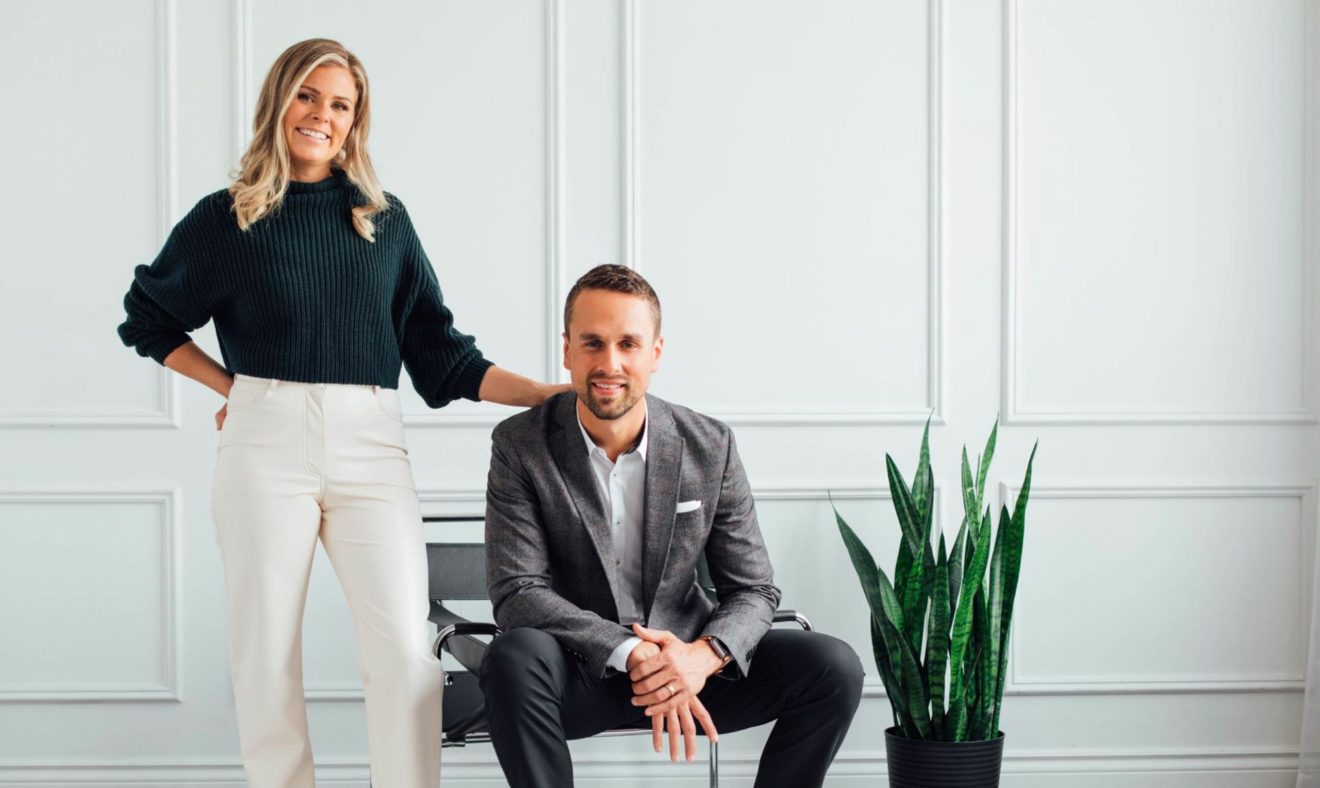
We're On Your Side
Whether you’re selling or buying the O’Reilly Group is dedicated to elevating your real estate experience.
